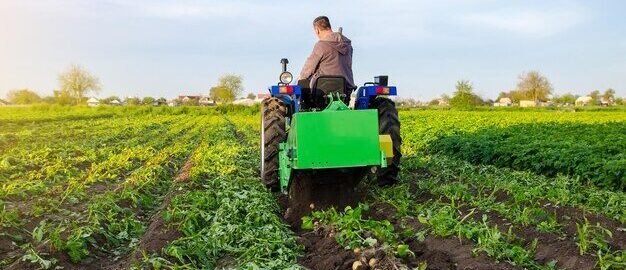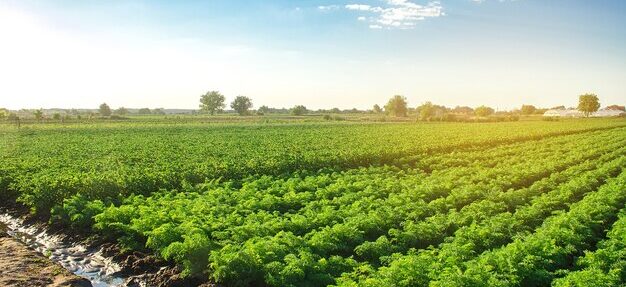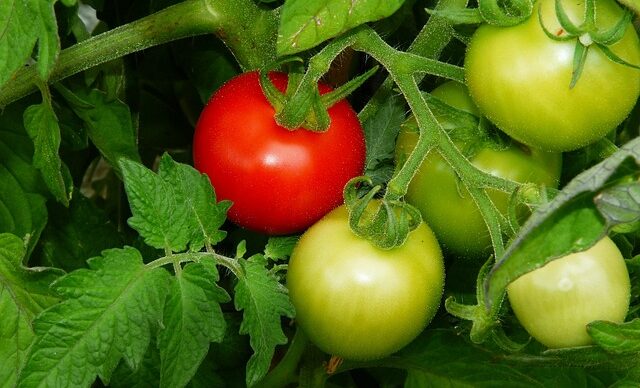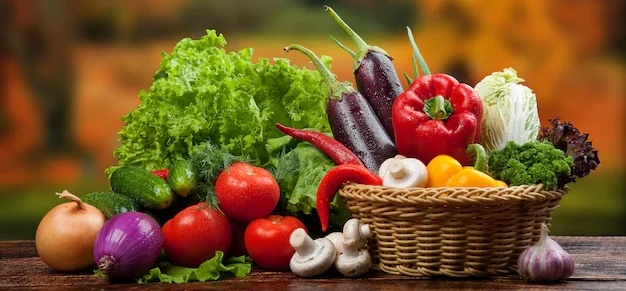Table of Contents
ToggleTop organic farming techniques for sustainable crop production
In recent years, organic farming has attracted a lot of public attention due to the growing demand for eco-friendly practices and sustainable agricultural practices. By focusing on natural processes and biodiversity, organic farming promotes soil health, reduces the use of chemical pesticides, and helps protect the environment. In this blog post, we’ll explore advanced organic farming techniques for sustainable crop production that can lead to healthier, more resilient farming systems.

Introduction to Organic Farming Techniques
Organic farming techniques aim to work in harmony with nature, increase soil fertility, promote biodiversity and ensure long-term sustainability. These practices focus on the use of organic practices and innovative practices that increase crop productivity while maintaining balance with the environment. Sustainable crop production is at the heart of organic farming, ensuring we can produce food for the future without compromising the health of our planet.
In this blog post, we will consider top organic farming techniques that work to increase sustainable crop production. These techniques include crop rotation, cover cropping, composting, integrated pest management and agroforestry.

1. Crop Rotation: A Major Organic Farming Technique Crop rotation is one of the oldest and most effective organic farming techniques. By rotating different crops in the same field, farmers can prevent soil erosion, naturally manage pests, and reduce the spread of diseases. This technique helps maintain healthy soils and increases crop diversity, which supports sustainable crop production.
• How crop rotation works: When farmers rotate crops, they break the pest and disease cycle, because different crops attract different types of pests. In addition, different crops require different nutrients, which helps to balance soil nutrients and reduce the need for artificial fertilizers.
2. Cover crops for soil health
Cover cropping is another essential organic farming technique that improves soil health and supports sustainable crop production. By planting specific crops (called cover crops) during growing seasons, farmers can prevent soil erosion, conserve water, and increase soil organic matter.
• Benefits of cover cropping: Crops such as legumes, grasses, and brassicas fix nitrogen in the soil, increasing fertility. They help prevent soil compaction and suppress weeds naturally, reducing the need for chemical herbicides.
3. Composting for soil fertility
Composting is the process of recycling organic materials, such as kitchen scraps, plant residues, and animal manure, into nutrient-rich compost. This compost can then be incorporated into the soil to increase fertility and promote sustainable crop production.
• How composting supports sustainability: Composting reduces waste, improves soil structure, and increases soil microbial activity. By returning organic matter to the soil, farmers can avoid artificial fertilizers and promote long-term soil health.
4. Integrated Pest Management (IPM)
Integrated Pest Management (IPM) is a holistic approach to pest control that combines biological, cultural, mechanical and chemical methods to control pest populations in a sustainable manner. The goal of IPM is to reduce reliance on chemical pesticides and promote healthy ecosystems.
• Benefits of IPM in Organic Farming: IPM encourages the use of beneficial insects, crop rotation and organic pesticides to manage pests. It also encourages the use of physical barriers such as nets and traps to prevent pest damage. This method reduces the negative environmental impacts of conventional pesticide use and supports sustainable crop production.
5. Agroforestry for sustainable crop production
Agroforestry is the practice of integrating trees and shrubs into an agricultural landscape. This organic farming technique provides many benefits for sustainable crop production, including increased biodiversity, improved water retention and increased soil fertility.
• Benefits of agroforestry: By planting trees alongside crops, farmers can reduce soil erosion, provide shade and promote pollination. Trees also act as natural pest controllers and contribute to the overall health of the environment, making agroforestry a key technique for sustainable crop production.
Conclusion: The Future of Organic Farming Techniques
Finally, sustainable crop production through organic farming techniques is critical to ensuring the long-term health and food security of our planet. By adopting practices such as crop rotation, cover cropping, composting, integrated pest management and agroforestry, farmers can improve soil health, reduce environmental impact and produce healthier food.
As consumers become more aware of the benefits of organic farming, the demand for sustainably produced crops will continue to grow. By adopting these top organic farming techniques, we can create a more sustainable agricultural system for future generations. Organic farming is not just a farming method; It’s one way to ensure a healthier, more resilient planet for everyone.
By incorporating these techniques into your farming practices, you are contributing to a more sustainable and environmentally friendly future.

FAQ - Organic Farming Techniques for Sustainable Crop Production
Crop rotation helps prevent soil erosion, improves soil fertility, and breaks the cycle of pests and diseases. It ensures sustainable crop production by maintaining a balanced ecosystem in the soil.
Cover crops prevent soil erosion, improve water retention, and add organic matter to the soil. They also suppress weeds and increase nitrogen levels, making the soil healthier and increasing crop yields
Yes, composting can significantly reduce the need for artificial fertilizers. Compost adds essential nutrients to the soil, improves soil structure, and increases microbial activity.
IPM is a pest control approach that combines biological, mechanical, and chemical methods to control pests. It reduces reliance on harmful chemicals and promotes natural pest control methods for a more sustainable farming system.
Agroforestry improves biodiversity, increases soil fertility, prevents erosion and provides natural pest control. This creates more resilient farming systems and supports sustainable crop production.
